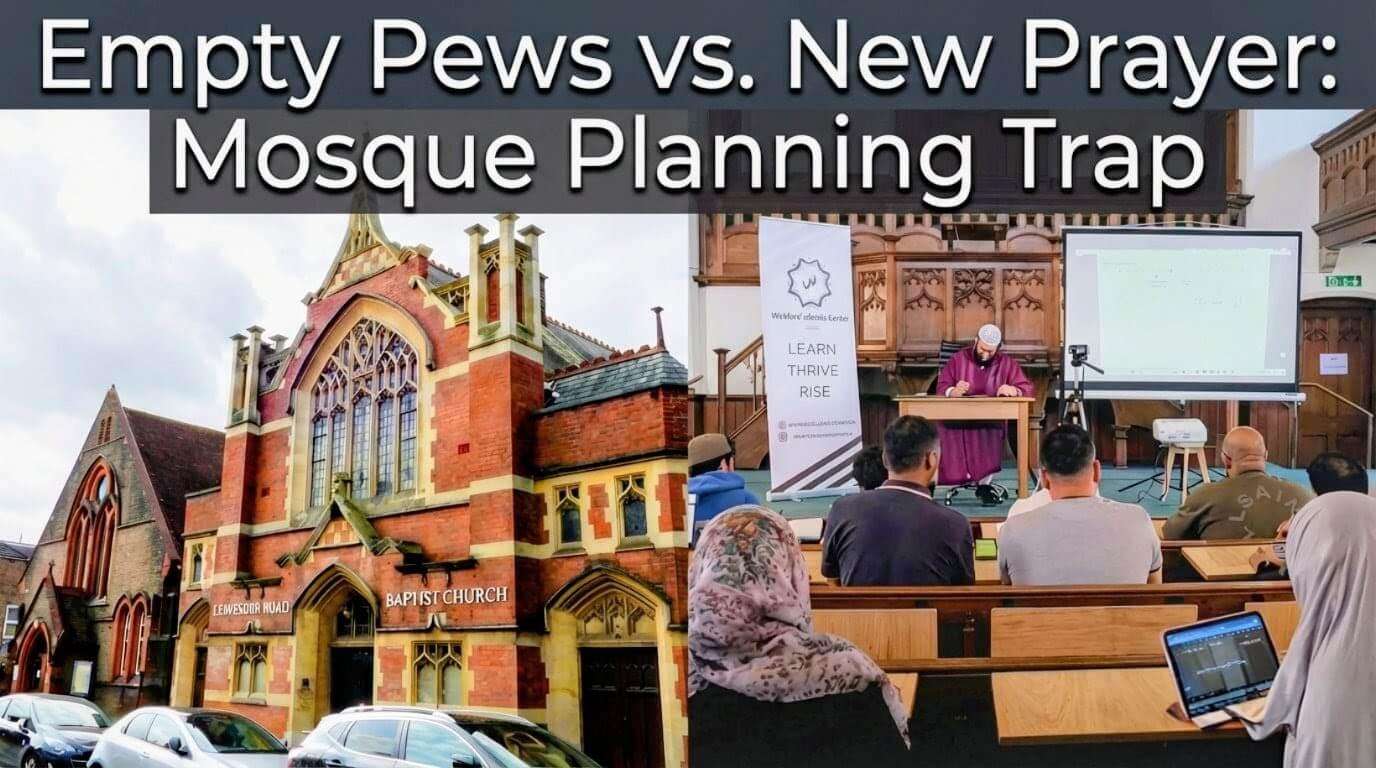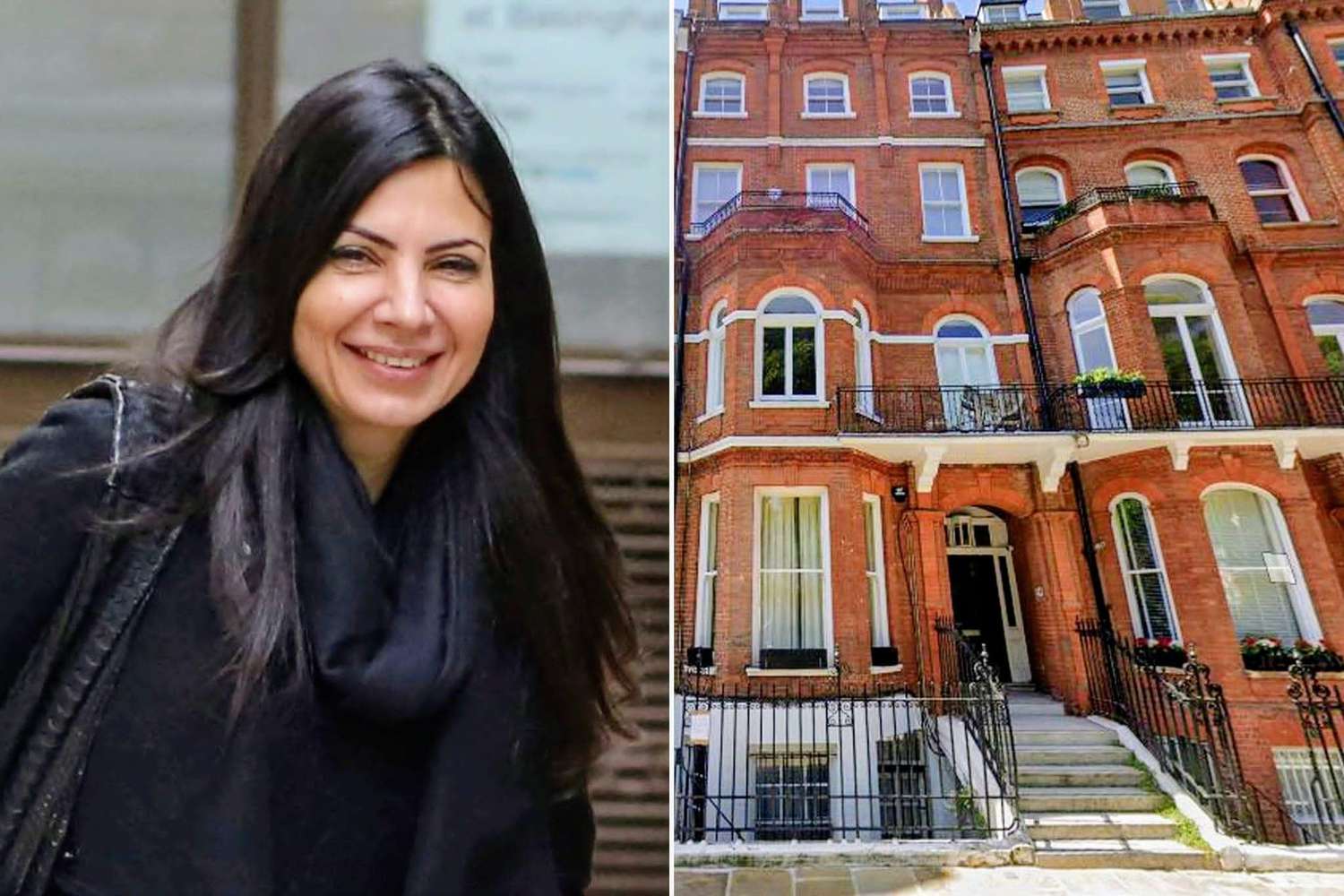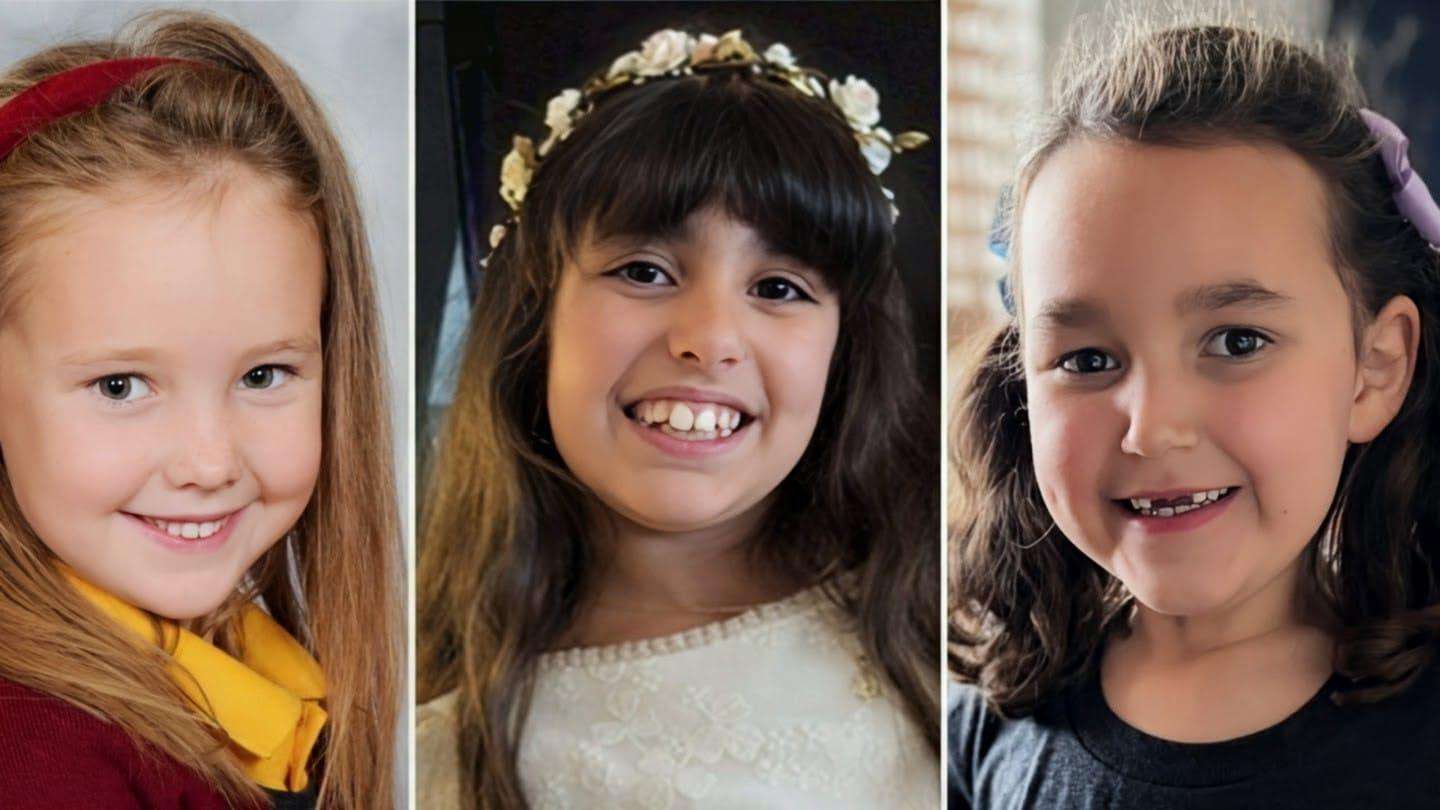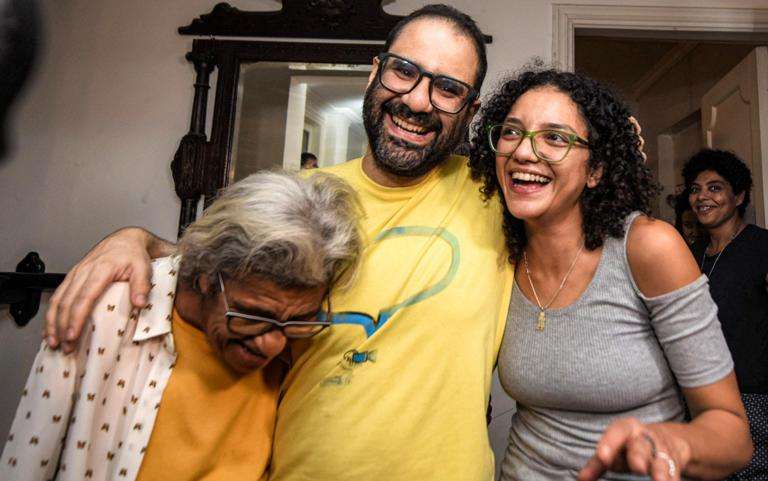The ongoing inquiry into the tragic Southport killings has uncovered a complex and disturbing profile of the perpetrator, Axel Rudakubana. While initial speculation had linked the attack to religious extremism, new evidence presented at the hearing suggests the 18-year-old was driven by a broad and "inappropriate" fascination with violence, conflict, and warfare, rather than a specific racial or religious hatred.
Rudakubana was sentenced to a minimum of 52 years in prison for the murder of three children—Elsie Dot Stancombe, 7; Alice da Silva Aguiar, 9; and Bebe King, 6—at a Taylor Swift-themed dance class on July 29 of last year. The inquiry has since focused on the events and missed opportunities leading up to the horrific attack.
A Digital World of Violence
During the hearing, Nicholas Moss KC, counsel to the inquiry, outlined the findings from an examination of two of Rudakubana's tablet devices. Police found hundreds of documents and images that were "suggestive of violence, an interest in religion and conflict." The material, collected across 247 pages, included academic texts on war as well as more extreme documents related to "overt violence."
Among the files were documents on historical conflicts like the Zulu War and the Rwandan genocide—the latter being a place of origin for his parents. He also possessed a book on Japanese ninja, information on the fight against ISIS in Mosul, and material on Nazi Germany and the Russian republic of Chechnya. Of particular note was a 190-page Al-Qaeda training manual titled Military Studies In The Jihad Against The Tyrants, which Rudakubana downloaded in late 2021.
Despite this, Detective Chief Inspector Jason Pye, the senior investigating officer, clarified that the case was not handled by counter-terrorism police. DCI Pye stated that while Rudakubana had a significant amount of anti-Islamic and anti-Semitic material, his motive was not linked to any specific racial or religious hatred, but rather a general "fascination with violence and inappropriate material."
A History of Missed Opportunities
The inquiry has revealed a disturbing timeline of failed interventions and ignored warnings. The last of three referrals to the Prevent de-radicalisation scheme, prompted by concerns about his viewing of violent material at school, was closed in May 2021—over three years before the attack.
The killer's parents were also aware of his dangerous tendencies. The hearing was told that Rudakubana’s family believed his interest in violence stemmed from "an interest in studying history." However, they had been advised by mental health services (CAMHS) to remove knives from their home. They also had knowledge of his previous possession of weapons, including an occasion when he took a kitchen knife to school.
The Final Failed Attempt
Just a week before the Southport attack, Rudakubana’s parents intervened in what could have been an earlier tragedy. On July 22, 2024, Rudakubana called a taxi and intended to travel to Range High School in Formby, the school he had been expelled from in 2019 after assaulting a pupil with a knife and hockey stick. His father, Alphonse, pleaded with the taxi driver, "don't take him, don't take him," preventing his son from going. The inquiry heard that his father suspected his son had a weapon on him that day but did not contact the police.
The knife used in the attack was ordered by Rudakubana on Amazon two weeks prior. The inquiry was told that while Amazon has age verification, Rudakubana was able to use his father’s details to bypass the system.
The inquiry also heard about other disturbing items found in Rudakubana's room, including alcohol bottles and containers that were later found to hold the poison ricin. These revelations, combined with the multiple missed chances to intervene, paint a tragic picture of a young man on a path to violence, leaving a community devastated and a nation questioning how such a horrific event could have been prevented.








.svg)

